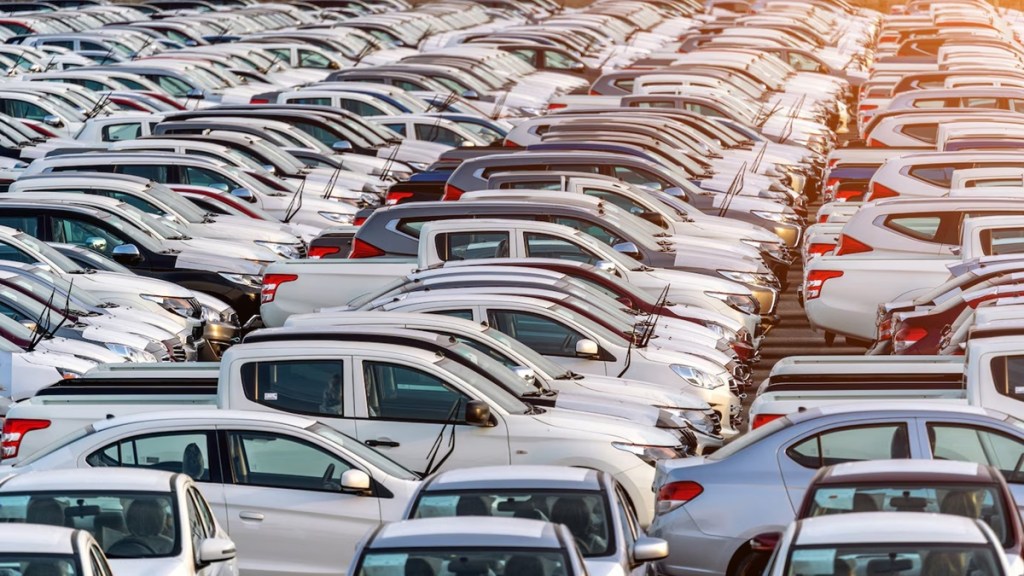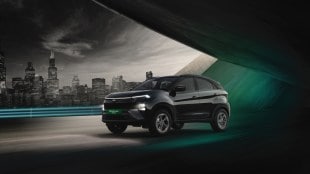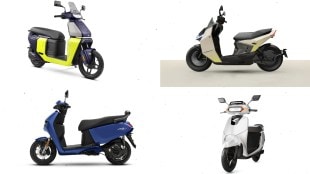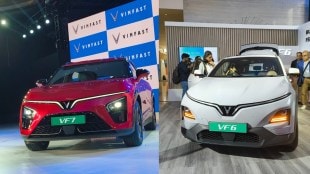The Federation of Automobile Dealers Associations (FADA) has issued a strong advisory to all original equipment manufacturers (OEMs), urging them not to compel dealers to provide loaner vehicles to customers during servicing or repairs. Instead, it recommended that OEMs should collaborate with licensed rental service providers, such as Zoomcar, MyChoize, Revv, Drivezy, and Savaari Car Rentals, to offer courtesy vehicles.
A loaner car, also known as a courtesy vehicle, is a temporary vehicle provided to customers—typically by an automobile dealership or service center—while their own vehicle is undergoing servicing or repair. OEMs require dealers to purchase and maintain these vehicles, which are then offered to customers on a case-by-case basis. Dealers are reimbursed by OEMs for providing the loaner vehicle service.
FADA’s action comes in light of growing legal concerns regarding loaner vehicles. Current provisions under domestic law and the Motor Vehicles Act place full liability on the registered vehicle owner—dealer—for any misuse, accidents, or criminal activity involving such vehicles. This issue was brought into sharp focus after a dealer in Tamil Nadu was arrested after a customer using a loaner car was booked under the Narcotic Drugs and Psychotropic Substances (NDPS) Act.
Speaking to Fe, FADA CEO Saharsh Damani said, “Under Indian law, and as per a Supreme Court order, the registered vehicle owner bears full responsibility. Even serious offenses under acts like NDPS or road accidents can lead to dealers facing criminal proceedings. Dealers should not issue vehicles registered in their own name as loaners.”
He added that OEMs must stop pressuring dealers to provide such vehicles and instead engage rental companies for this purpose. “This approach will help protect dealers’ legal and financial interests and ensure a more structured and risk-free system for providing courtesy cars,” he said.
The core issue lies in the fact that the registered owner of a vehicle remains fully liable for any incident involving it, regardless of who is driving.
Section 2(30) of the Motor Vehicles Act clearly defines the “owner” as the person in whose name the vehicle is registered. Even if the vehicle is sold or in possession of a third party, the legal ownership and all associated liabilities remain with the registered owner unless the registration is officially transferred.
FADA notes that this is significantly different from the legal treatment of self-drive rental vehicles. Rental companies operate under specific licenses, use black-and-yellow number plates, and often include agreements that limit the liability of the registered owner. As a result, the liability shifts to the user under hire, lease, or hypothecation terms—something not applicable to dealer-issued loaner cars.
Better protection globally
Several global jurisdictions have adopted dealer-friendly policies. In the UK, the Road Traffic Act, 1988, places responsibility for road offenses on the driver, not the vehicle owner, FADA highlighted in its advisory.
Similarly, in US states like Florida, legal reforms offer protection to dealers. The 2005 Graves Amendment limits liability for rental companies, though initially excluding complimentary loaner vehicles. This was corrected by a 2020 legislative amendment that now extends liability protection to dealers offering temporary replacement cars, shielding them from vicarious or direct claims solely based on ownership.
FADA also called on Indian policymakers to consider similar reforms to protect dealers from legal exposure.




















